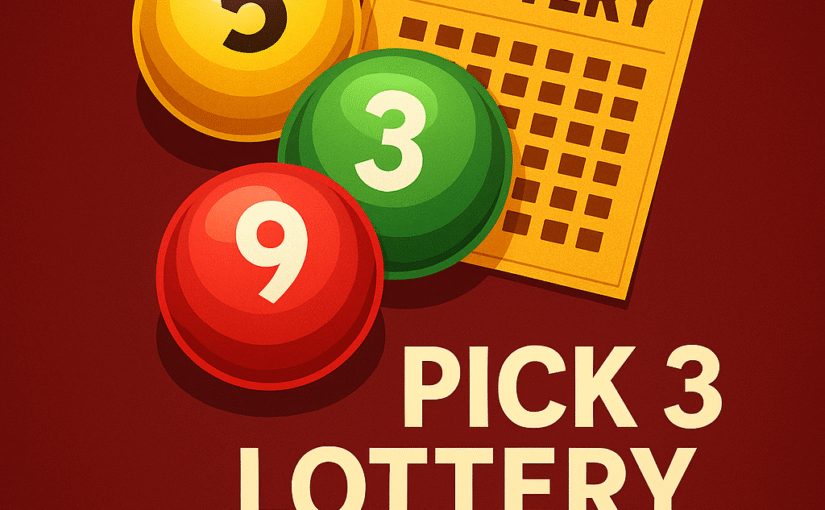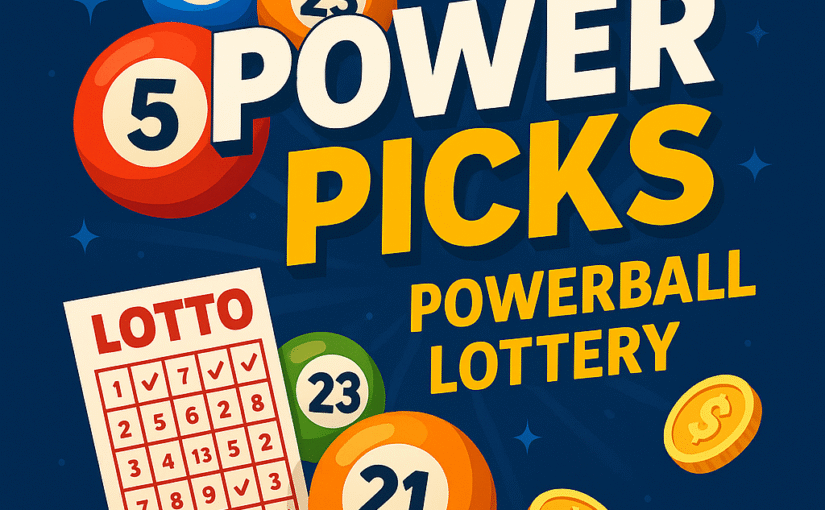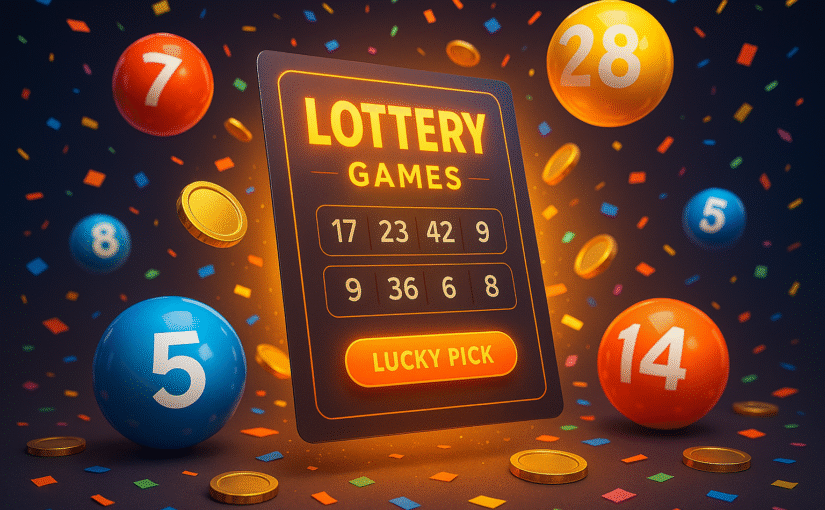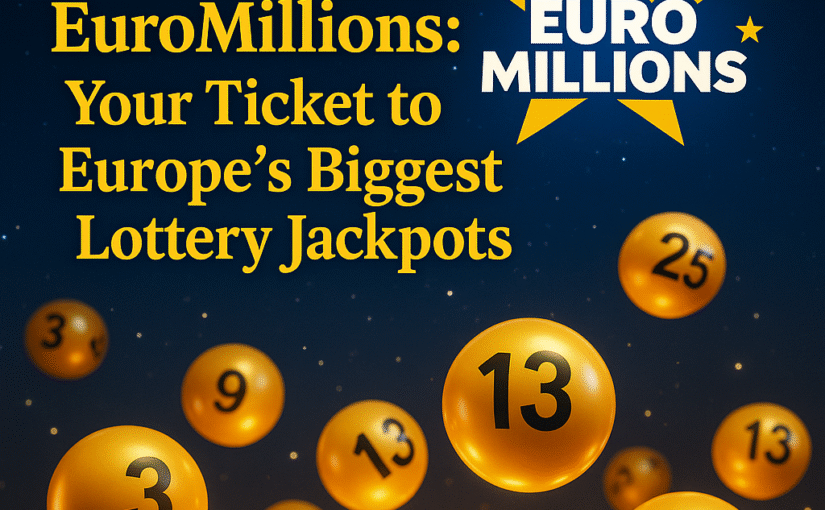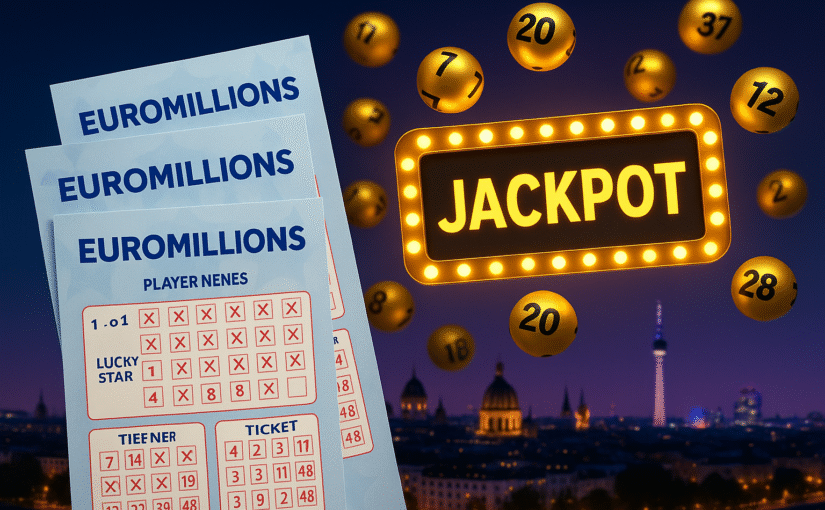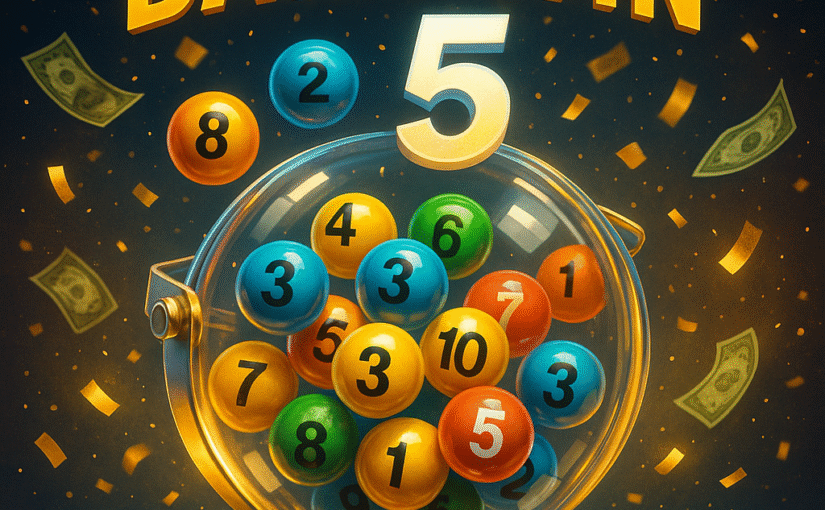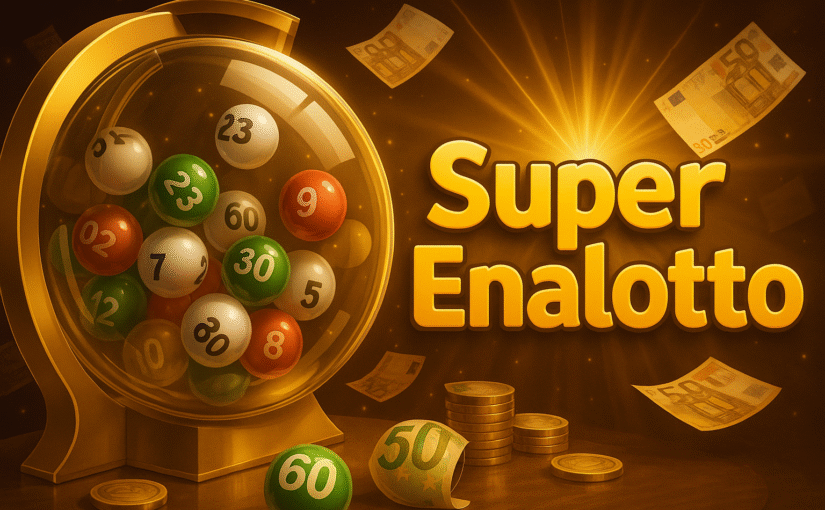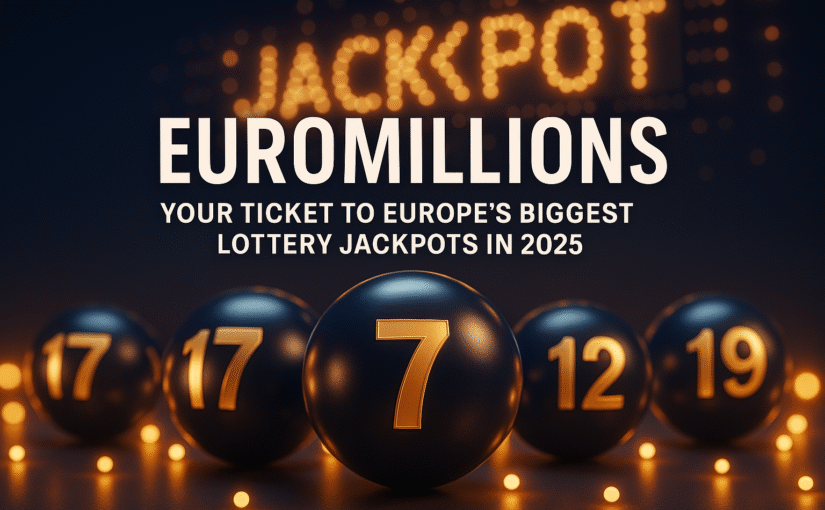Pick 3 is one of the most famous and widely played lottery formats in the world. Known for its simple rules, fast draws, and flexible betting styles, Pick 3 gives players strong control over how they want to play and win. With multiple combinations, low entry cost, and frequent draws, this lottery game is perfect for beginners and experienced players alike.
Why Pick 3 Is So Popular
Pick 3 stands out for its balance of simplicity and strategy. Unlike large jackpot lotteries that rely purely on long odds, Pick 3 allows players to choose exactly how they want to win—straight, box, combo, or pair plays. The ability to choose specific number patterns makes it attractive to players who enjoy using number trends, systems, or personal lucky digits.
Why players love Pick 3:
- Easy rules
- Low cost per ticket
- Multiple betting styles
- Higher odds than big jackpot games
- Fast and frequent daily draws
- Ideal for both casual and strategic players
How the Pick 3 Lottery Works
As the name suggests, you choose 3 digits, each from 0 to 9. Depending on the play type you choose, you can win by matching the drawn digits in exact order or any order.
Most common Pick 3 play types:
1. Straight
Win if the three digits match in exact order.
2. Box
Win if the digits match in any order.
3. Straight/Box
Covers both outcomes for a balanced approach.
4. Combo
Covers all possible permutations of your chosen digits.
5. Front Pair / Back Pair
You only need to match the first two or last two digits.
Best Strategies for Winning Pick 3
1. Track Hot and Cold Numbers
Many players analyze previous results to identify frequently drawn numbers (hot) or rarely drawn ones (cold).
2. Try Mixed Plays
Combining Straight and Box bets increases your chances while keeping potential payouts attractive.
3. Use Budget-Friendly Patterns
Common strategies include mirror numbers, doubles, and repeat sequences.
4. Play Consistently
Pick 3 rewards consistency. Small, steady plays over time increase the chance of hitting planned combinations.
5. Avoid Overused Combinations
Sequences like 111, 123, and 000 are popular picks, meaning payouts may be split among many winners.
Final Thoughts
Pick 3 remains one of the most enjoyable and strategic lottery formats available today. With its flexible play types, strong winning odds, and fast-paced results, it appeals to players who enjoy both luck and logic.
